Noma Dumezweni Is Hollywood's Newest It Girl
The powerhouse actress has built an enviable resumé—but she's still getting used to her own success.
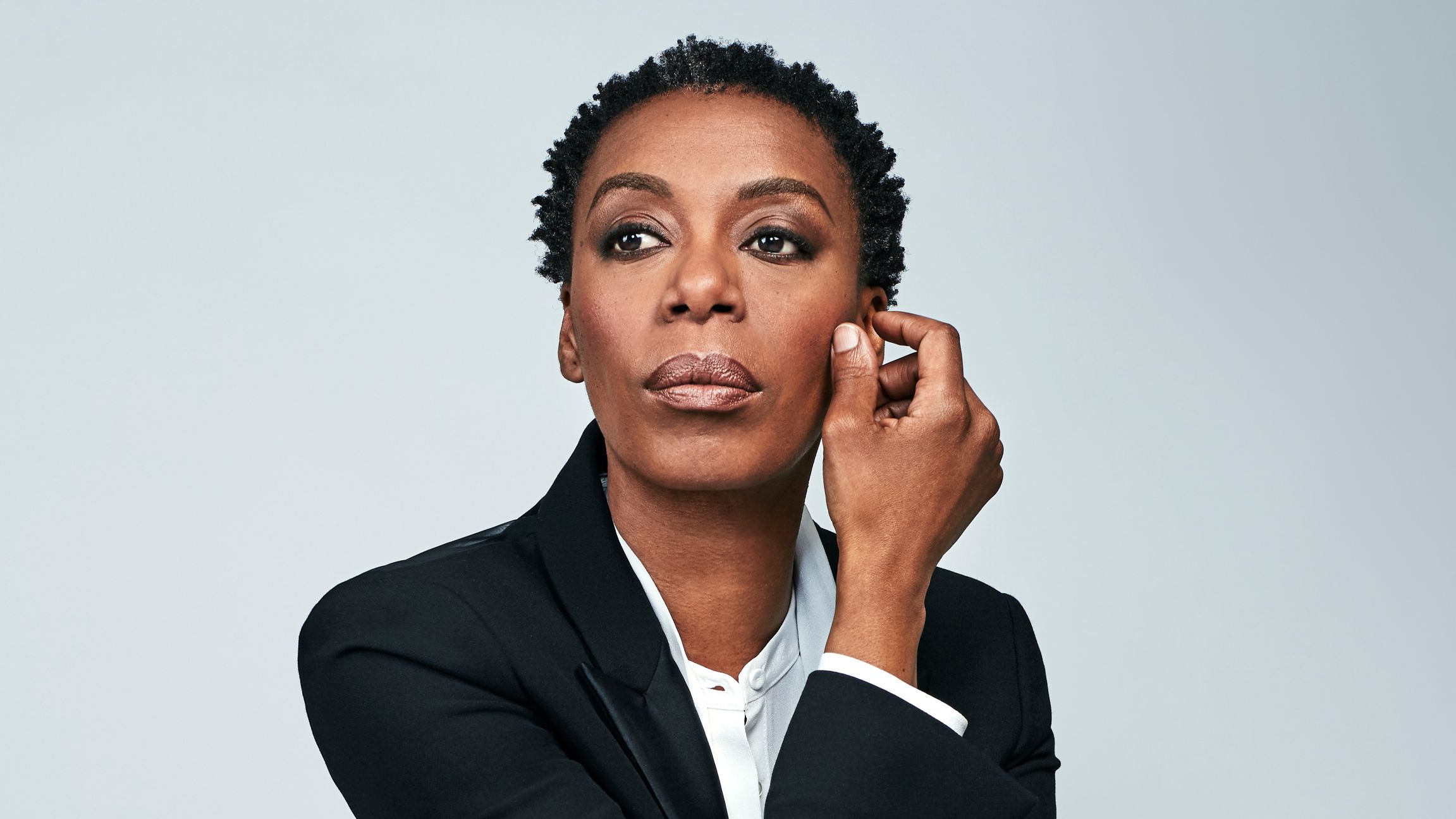
“What the fuck?” is perhaps Noma Dumezweni’s most used phrase, and fittingly so, since the British actress considers the expression the best description of her life’s journey thus far. At 51, she’s one of Hollywood’s most sought-after actresses, following a rare successful crossover from theater to film and television. “The universe seems to be delivering really lovely surprises, which I am really grateful for but I would never [have] put in my narrative,” she says, lounging on a mustard-yellow sofa in her sunlit Manhattan apartment. She’s as warm and unexpected as her surroundings, even as she spills coffee—a stark departure from her cool, calm, and collected demeanor as Haley Fitzgerald in last year’s standout The Undoing. The role cemented her boldfaced-name status and was a natural entrée to her next project, Made for Love. In the HBO Max dark comedy, premiering April 1, Dumezweni plays Fiffany, a marine biologist with a unique affinity for the subjects she studies. Here, she speaks candidly about conquering impostor syndrome, her love-hate relationship with social media, and why she’s glad she found success later in life.
Marie Claire: Made for Love is a doozy—terrifying and claustrophobic—right off the bat. What drew you to the project?
Noma Dumezweni: I remember reading the script and going, “What the fuck is going on?” Already, my interest [is] piqued. And my character’s called Fiffany, which always makes me laugh.
MC: You wonder, “Is this going to be Black Mirror? Are we in Westworld?” And then it’s really funny.
ND: I remember, years after it had come out, finally watching Breaking Bad. In that very first episode, I’m literally going, “I had no idea.” I love that feeling ... It’s that kind of kinetic energy of storytelling. We have to be ahead of the audience.
MC: The Undoing is a perfect example of the audience being hooked. Are you a person who watches what the Internet is saying?
ND: I am. And there are days I really wanna throw my phone out the fucking window and let it crash ... When The Undoing was coming out in October [2020], I gave myself the month of August off. And I actually just shut down my Instagram and my Twitter, and I literally just went and disappeared.
Stay In The Know
Get exclusive access to fashion and beauty trends, hot-off-the-press celebrity news, and more.
MC: Made for Love is so much about being forced to be plugged in—not having control and agency of it.
ND: I just know that every human being needs to connect. That’s where this story moves forward from. Who do you connect with and how do you connect with them?
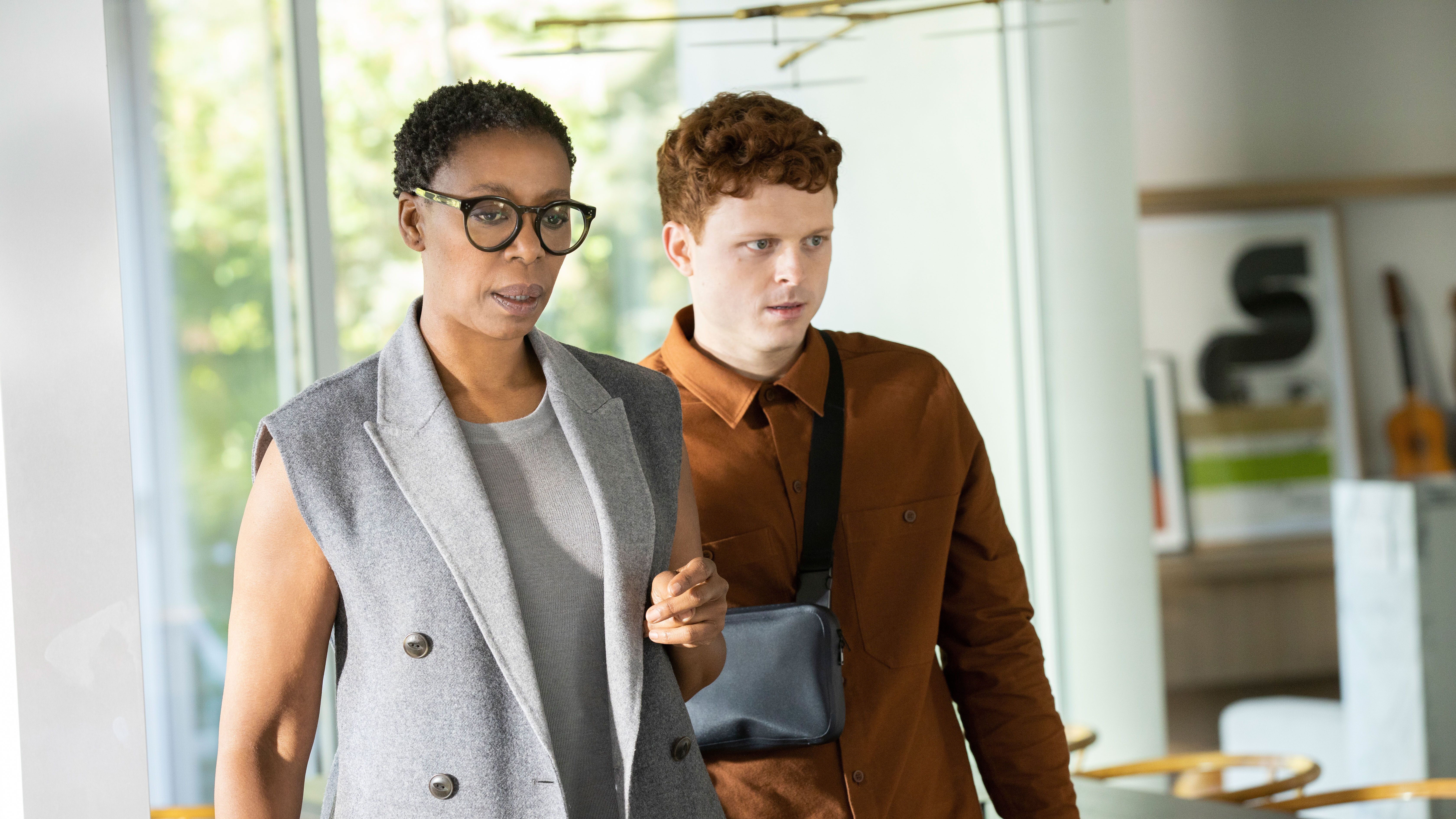
'Dumezweni as Fiffany and Caleb Foote as Bennett in HBO Max’s Made for Love.'
MC: I was surprised to read that, despite your character [in The Undoing] seeming so together, you were very nervous on set.
ND: I was scared ... I genuinely thought I was gonna be fired... There was one particular day I came back crying ’cause I’d gotten myself into such a twist that I wasn’t good enough. It’s that awful voice that comes in, going, “You don’t know what you’re doing. I’m too loud. I’m not small enough.” Later, I watched that scene and [I could not tell]. If there’s anything I could offer anybody: Stop making excuses. I was the one who was making excuses why I shouldn’t be there.
MC: Did anyone on set give you advice that helped you push past that feeling?
ND: I do remember having lovely conversations with Hugh [Grant] about it. He was going, “It never gets easier.” I was like, “What? Even for you?” He said, “I’ve even spoken to Meryl Streep and Tom Hanks about this.”
MC: There was a lot of racist discourse when you were cast as Hermione in 2016’s Harry Potter and the Cursed Child. Since, as you said, you tend to be checked into what people are saying, how did that affect you?
ND: When I started seeing [the racist comments], I was like, “I’m not gonna engage in this.” But I also knew that the producers had my back and J.K. [Rowling] had my back.
MC: Did it affect the roles you considered later on?
ND: No. If anything, I was getting cynical about people’s motives [when casting me now] … because I realized, Oh, it’s not about me; it’s about the optics of me. Especially as a Black person, I’m so very aware.
MC: Was there a time when you were younger that you were ready to throw in the towel?
ND: I think it was about 28 or 29. That was a year I spent in bed. I was like, “There’s no room for me in this business.” Twenty years ago, it was, “Well, there’s already that Black actress who’s in that. They’re not gonna get another one of those.”
MC: Do you wonder, if you’d found this level of success in your 20s, whether you would have been able to react to the negativity with the same strength and poise?
ND: Because I’ve had my pain, in terms of who I am, what I am in my late 20s/early 30s, everything’s a bonus right now. Let’s take those risks. If I am a poster child for people taking risks and it paying off, I am really happy to be part of that.
If I am a poster child for people taking risks and it paying off, I am really happy to be part of that.
MC: I have to ask you about being cast in the live-action Little Mermaid film. What can you tell me about your role?
ND: [grinning] I can tell you that I’m doing it. I can tell you I’m very excited. I can tell you I had a chat with hair and makeup the other day and it was like, “Yay!”
MC: With all the parts you’ve played, the women are really strong and really smart. Has that been an intention of yours?
ND: There’s a thing about meeting the character you need to meet at the right moment for you. What do I fulfill? What’s gonna challenge me? That’s what I’m interested in. I do also know that with Hermione [in Cursed Child], she’s also a mom. That was a huge thing for me. This girl, who was the brightest witch of her generation, the greatest witch of her generation, gets to be a mom as well. And she’s the Minister of Magic. I think I’m lucky enough to have felt that [the parts have] always been interesting humans, interesting women, and there’s still a part of me going, "There’s still more I can do."
A version of this story appears in the April 2021 issue of Marie Claire.
RELATED STORIES
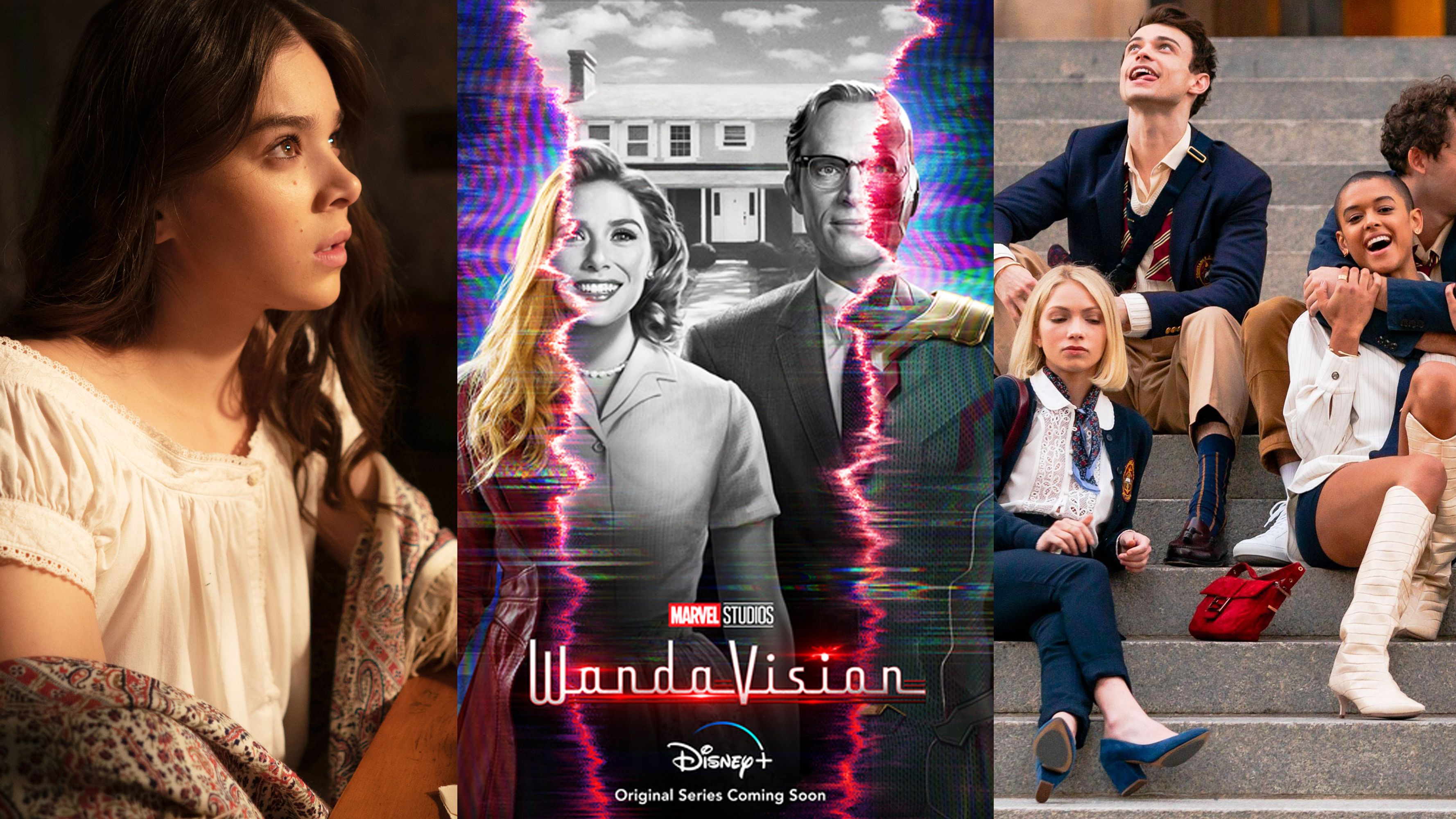
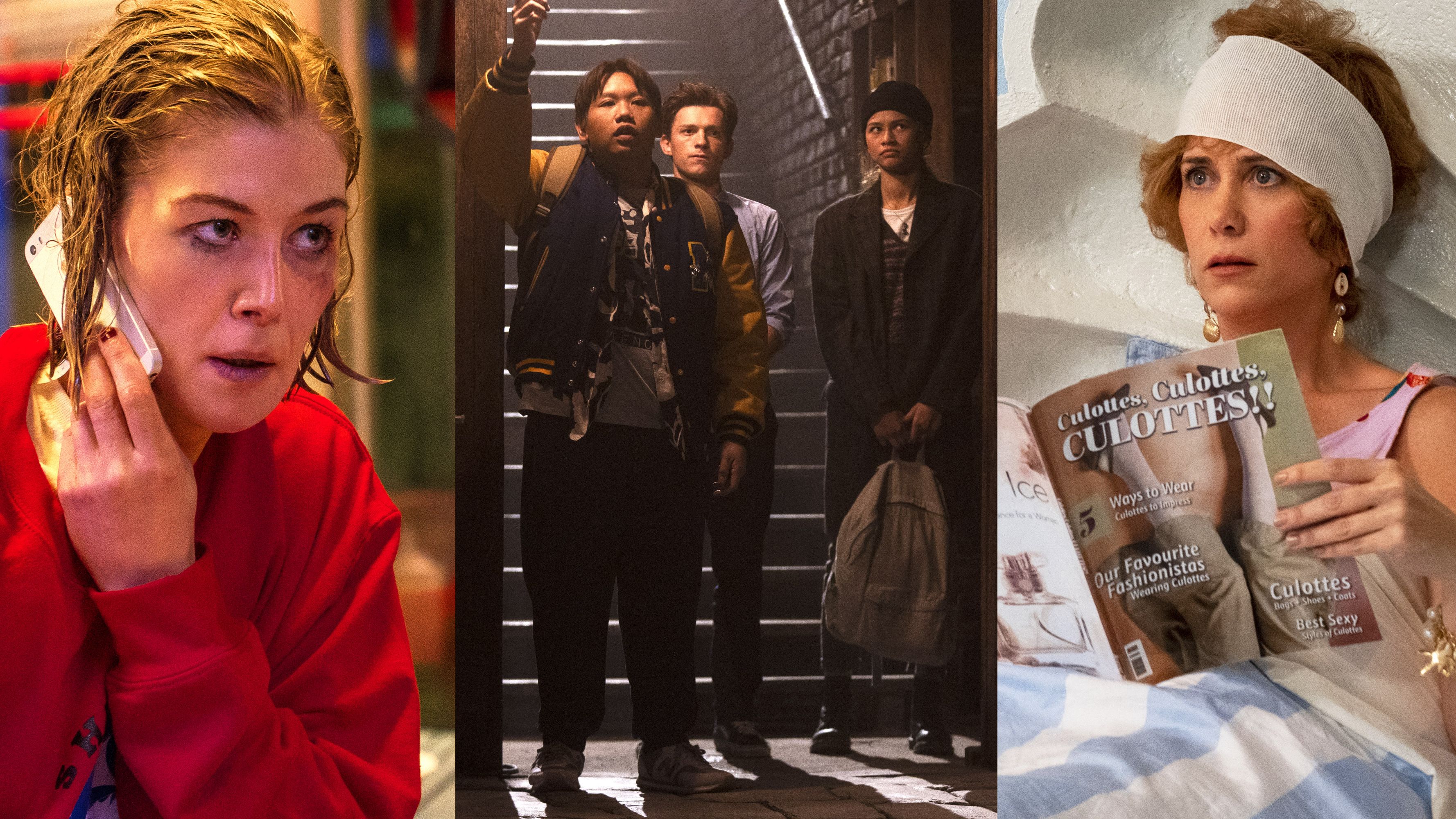

Neha Prakash is Marie Claire's Entertainment Director, where she edits, writes, and ideates culture and current event features with a focus on elevating diverse voices and stories in film and television. She steers and books the brand's print and digital covers as well as oversees the talent and production on MC's video franchises like "How Well Do You Know Your Co-Star?" and flagship events, including the Power Play summit. Since joining the team in early 2020, she's produced entertainment packages about buzzy television shows and films, helped oversee culture SEO content, commissioned op-eds from notable writers, and penned widely-shared celebrity profiles and interviews. She also assists with social coverage around major red carpet events, having conducted celebrity interviews at the Met Gala, Oscars, and Golden Globes. Prior to Marie Claire, she held editor roles at Brides, Glamour, Mashable, and Condé Nast, where she launched the Social News Desk. Her pop culture, breaking news, and fashion coverage has appeared on Vanity Fair, GQ, Allure, Teen Vogue, and Architectural Digest. She earned a masters degree from the Columbia School of Journalism in 2012 and a Bachelor of Arts degree from The Pennsylvania State University in 2010. She lives in Manhattan with her husband and dog, Ghost; she loves matcha lattes, Bollywood movies, and has many hot takes about TV reboots. Follow her on Instagram @nehapk.
-
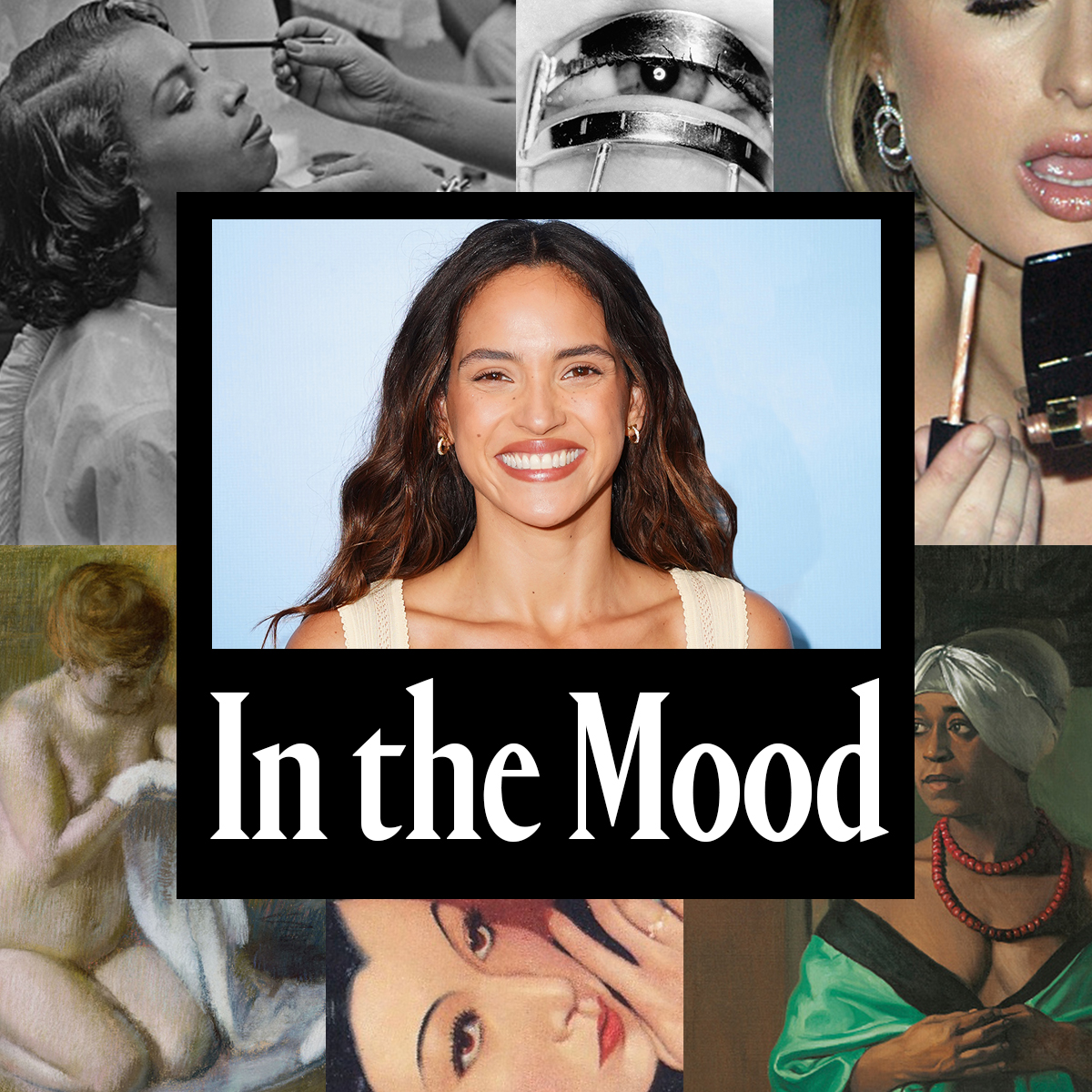 Adria Arjona Smells Irresistibly Delicious Courtesy of This $48 Hair Oil
Adria Arjona Smells Irresistibly Delicious Courtesy of This $48 Hair OilPlus the makeup routine that helps her feel "like a rebel."
By Ariel Baker Published
-
 Princess Anne's Unexpected Suggestion About Mike Tindall's Nose
Princess Anne's Unexpected Suggestion About Mike Tindall's Nose"Princess Anne asked me if I'd have the surgery."
By Amy Mackelden Published
-
 Queen Elizabeth's "Disapproving" Royal Wedding Comment
Queen Elizabeth's "Disapproving" Royal Wedding CommentShe reportedly had lots of nice things to say, too.
By Amy Mackelden Published
-
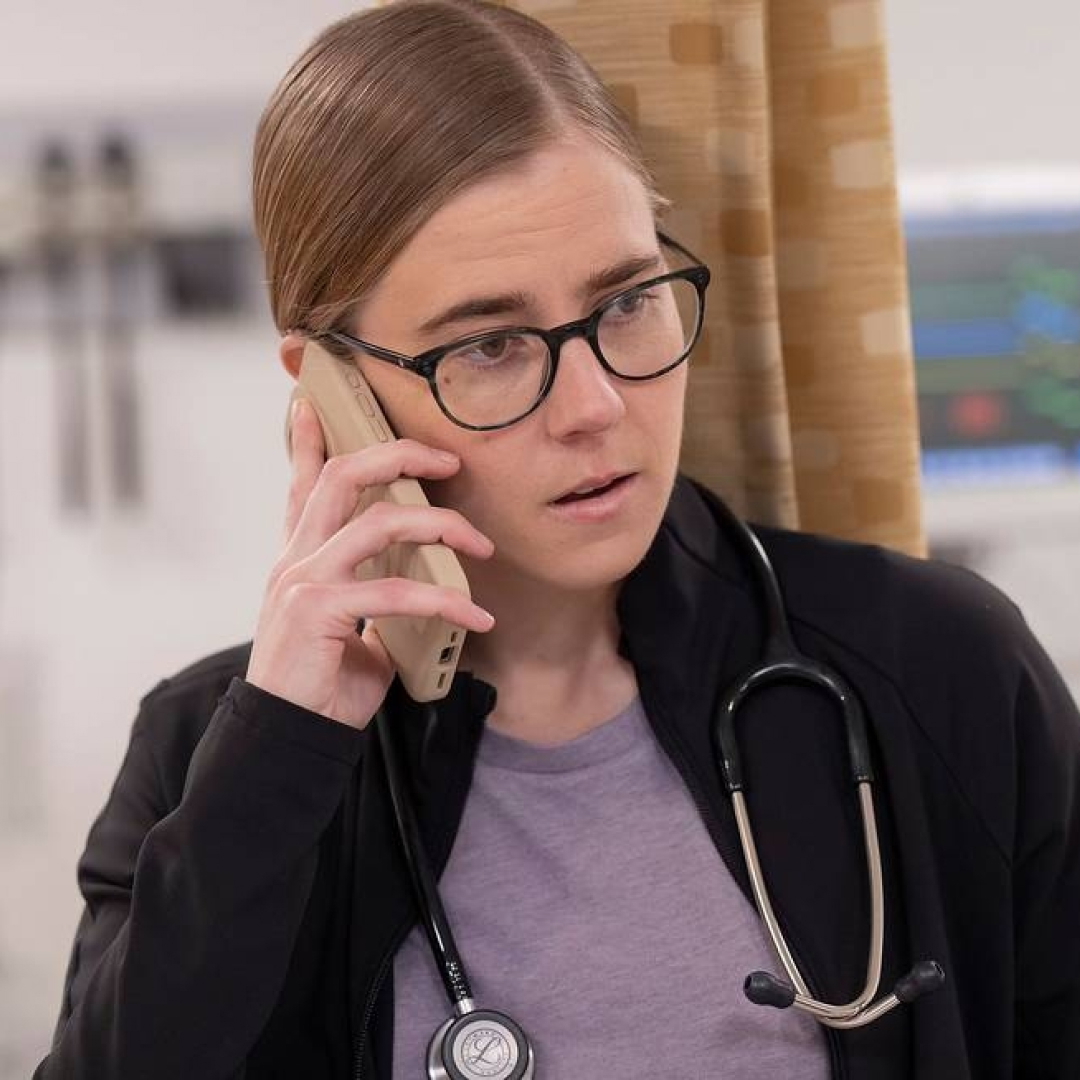 What to Know About Taylor Dearden, the Actress Who Plays Dr. Mel King on 'The Pitt'
What to Know About Taylor Dearden, the Actress Who Plays Dr. Mel King on 'The Pitt'Here's what to know about the Max series's breakout star, who just so happens to come from TV royalty.
By Quinci LeGardye Published
-
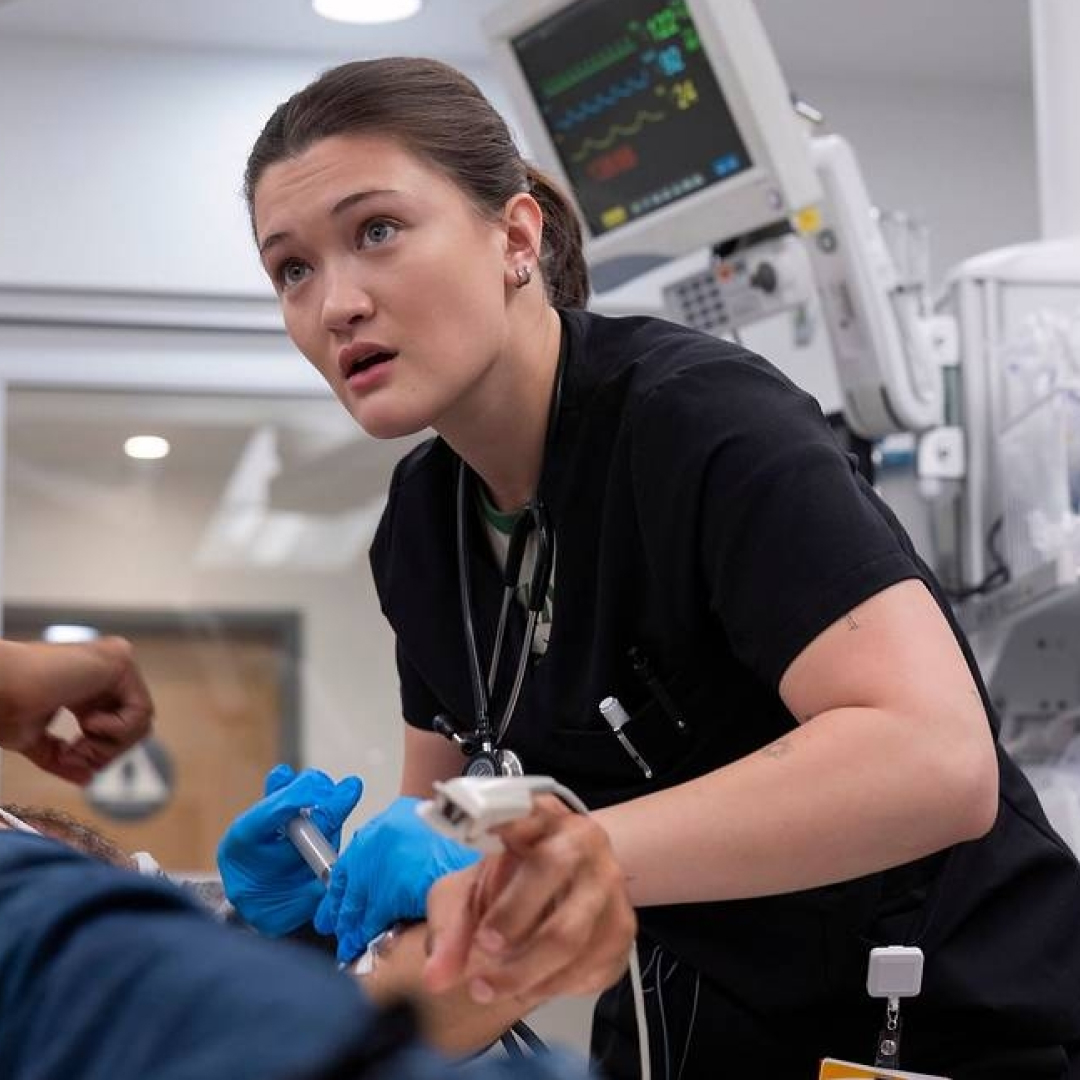 We Owe Dr. Trinity Santos From 'The Pitt' an Apology
We Owe Dr. Trinity Santos From 'The Pitt' an ApologyThe season finale of the smash Max series proved that the most unlikable character on TV may just be the hero we all need.
By Jessica Toomer Published
-
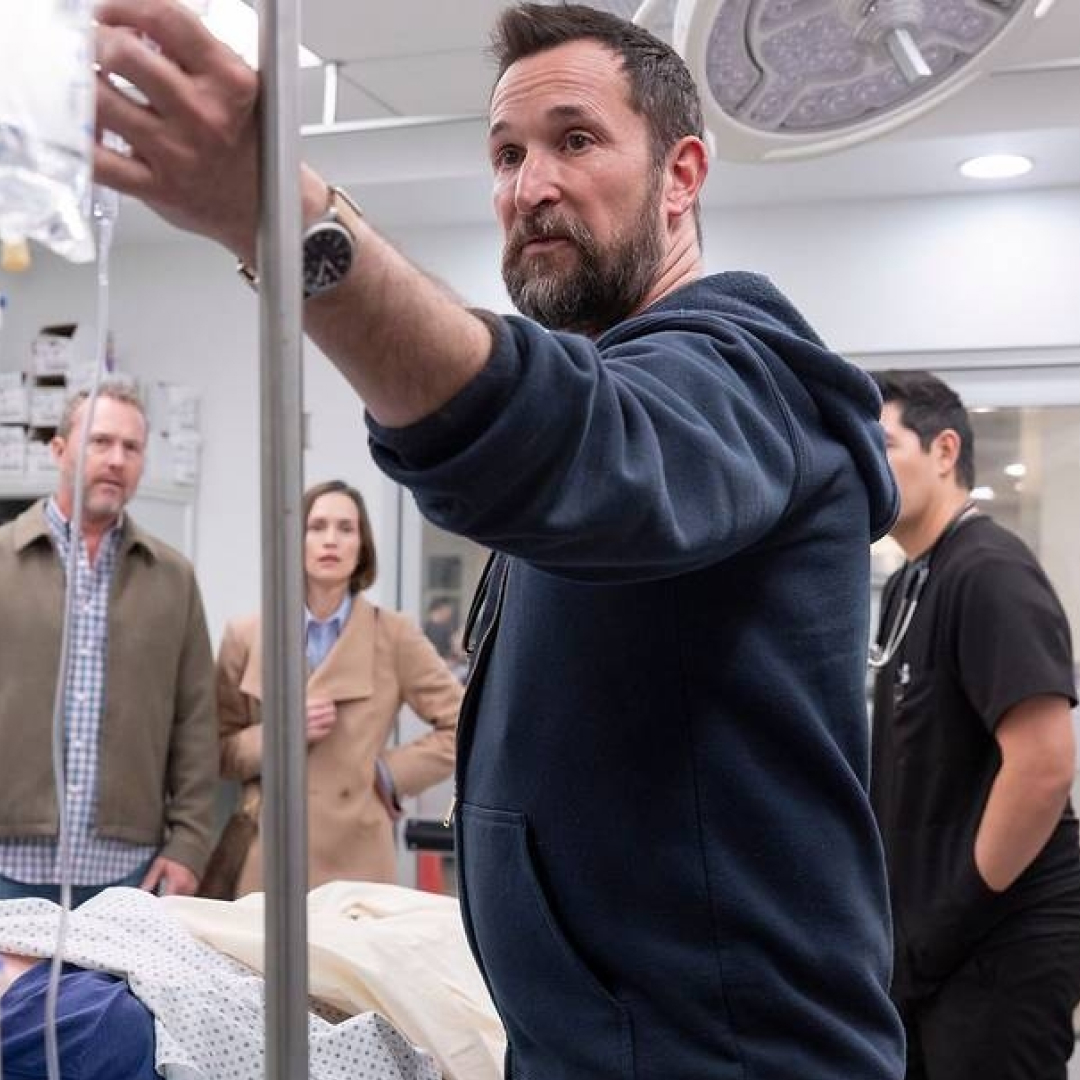 'The Pitt' Season 2: Everything We Know
'The Pitt' Season 2: Everything We KnowHere's where the hit Max medical drama could go after its gripping finale.
By Radhika Menon Published
-
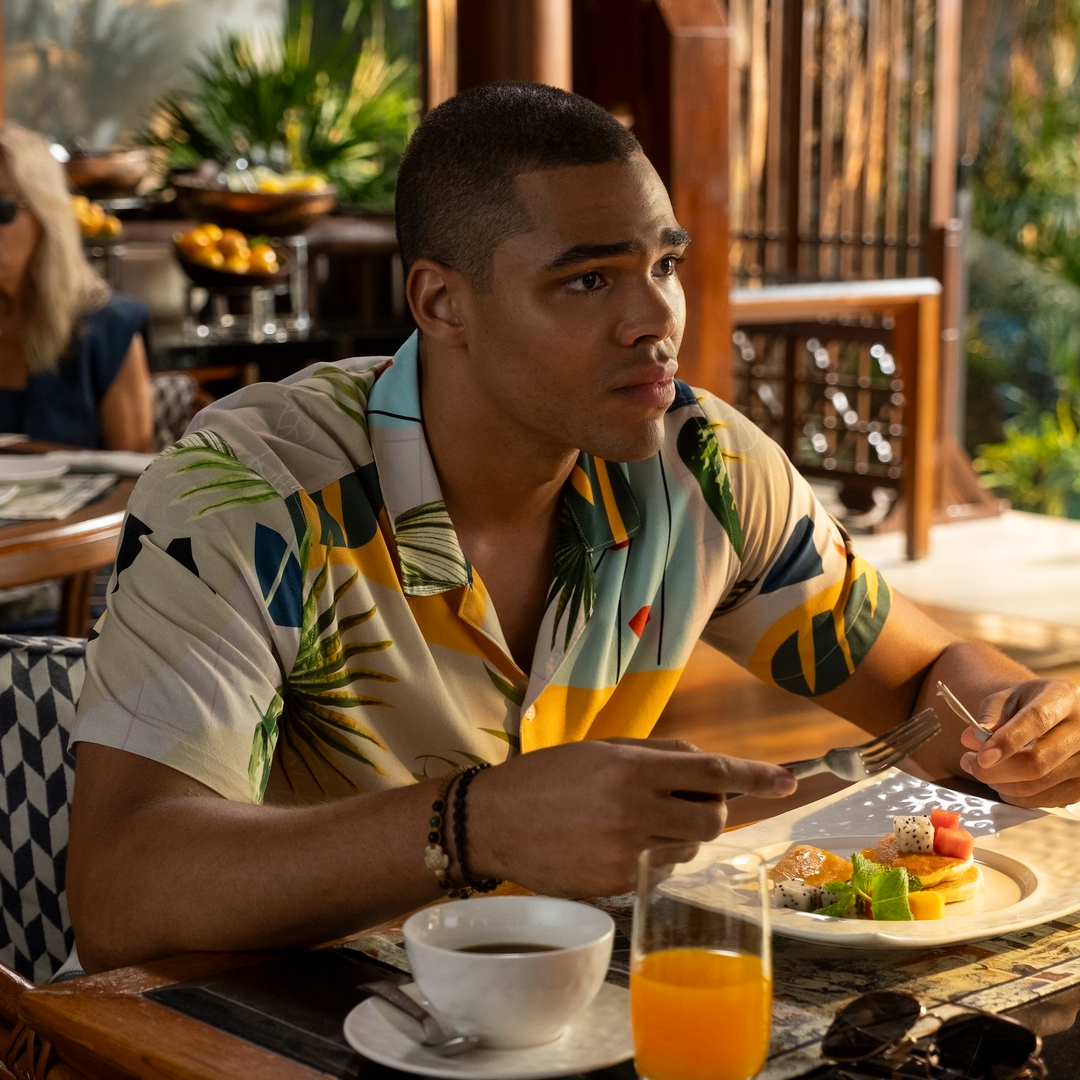 Meet Nicholas Duvernay, the Actor Who Plays Zion in 'The White Lotus' Season 3
Meet Nicholas Duvernay, the Actor Who Plays Zion in 'The White Lotus' Season 3We can't stop thinking about his scene-stealing performance in the finale.
By Quinci LeGardye Published
-
 'The White Lotus' Season 4: Everything We Know
'The White Lotus' Season 4: Everything We KnowCreator Mike White has already started teasing where the next installment will be set—and who might be back.
By Quinci LeGardye Published
-
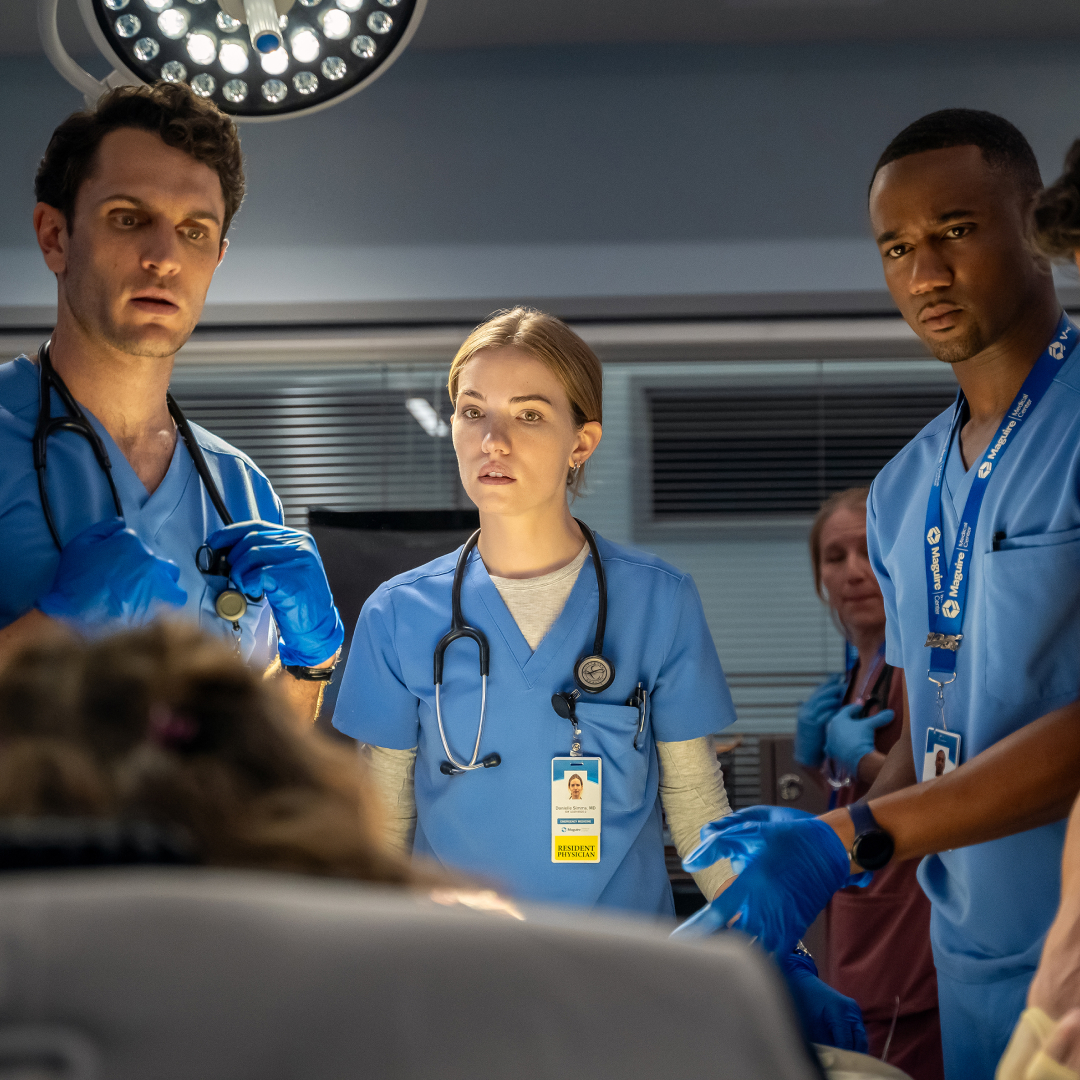 'Pulse' Season 2: Everything We Know
'Pulse' Season 2: Everything We KnowWe need to know about the future of the central will-they-won't-they STAT.
By Quinci LeGardye Published
-
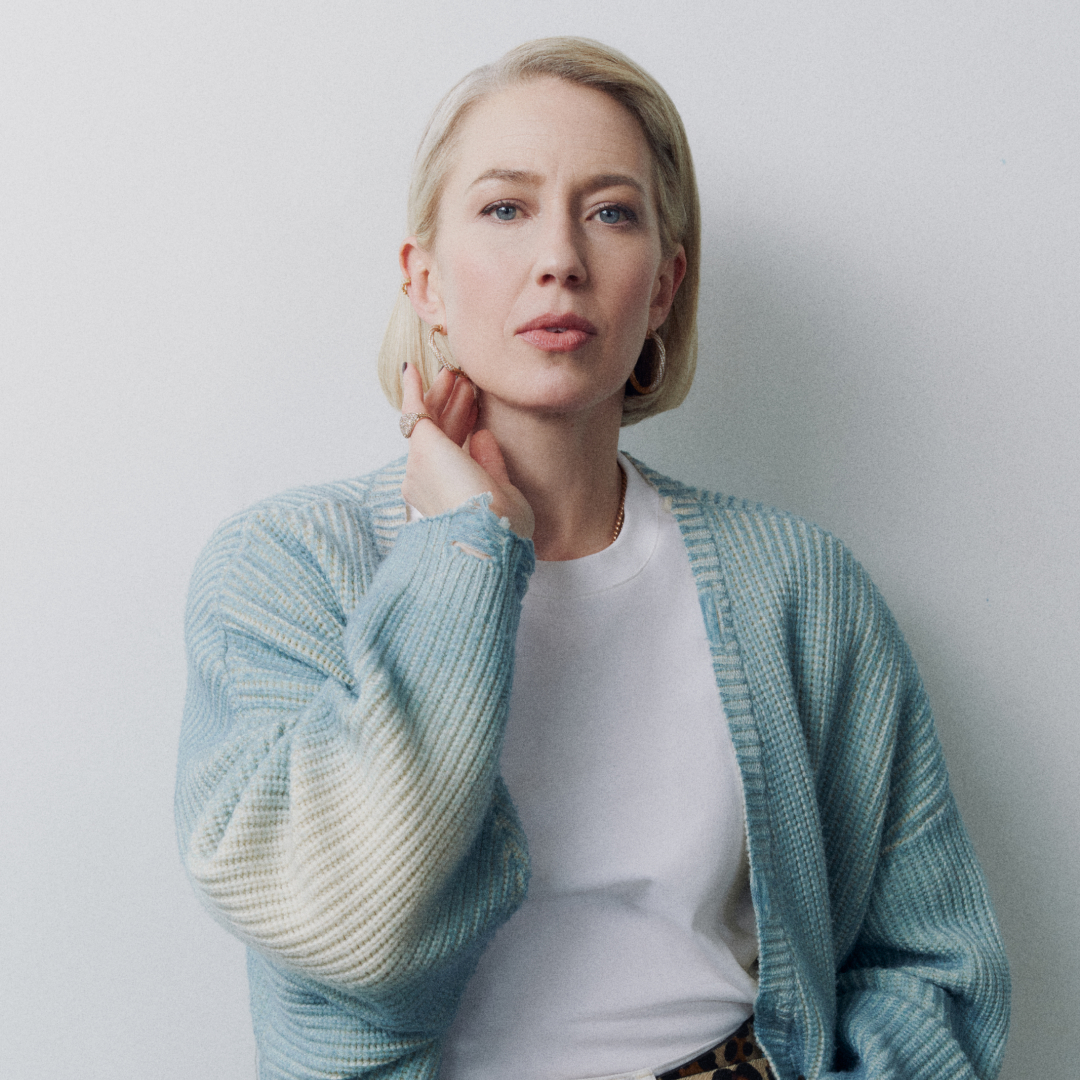 The Wild Ride of Carrie Coon
The Wild Ride of Carrie CoonLaurie's deep-set insecurities come to a head in episode 7 of 'The White Lotus,' allowing the actress to turn a "dark night of the soul" into an illuminating time.
By Jessica Goodman Published
-
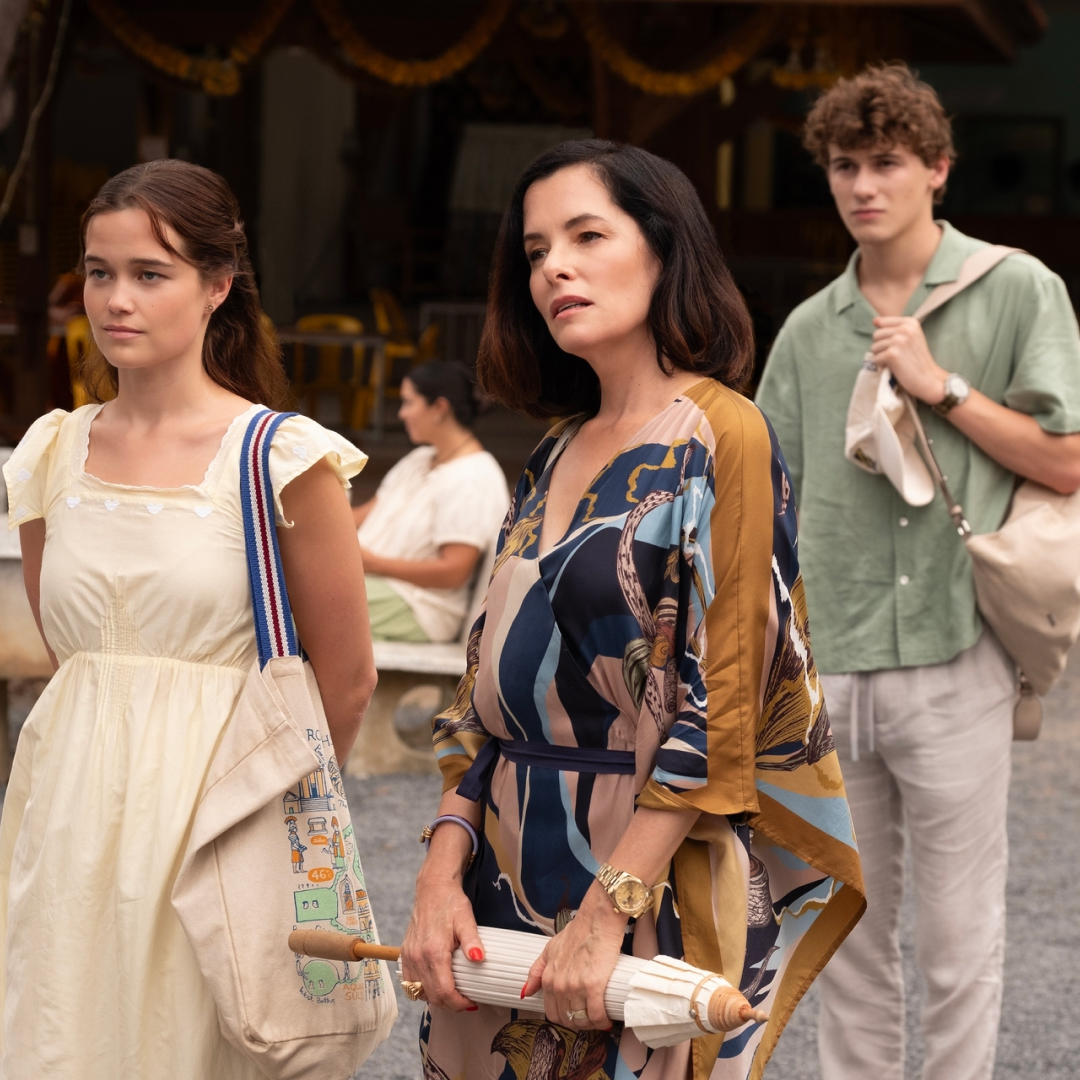 Meet 'The White Lotus' Season 3 Cast: Your Guide to the Guests and Staff in Thailand
Meet 'The White Lotus' Season 3 Cast: Your Guide to the Guests and Staff in ThailandHBO rounded up a handful of A-listers for the anthology's Thailand-set installment.
By Quinci LeGardye Last updated